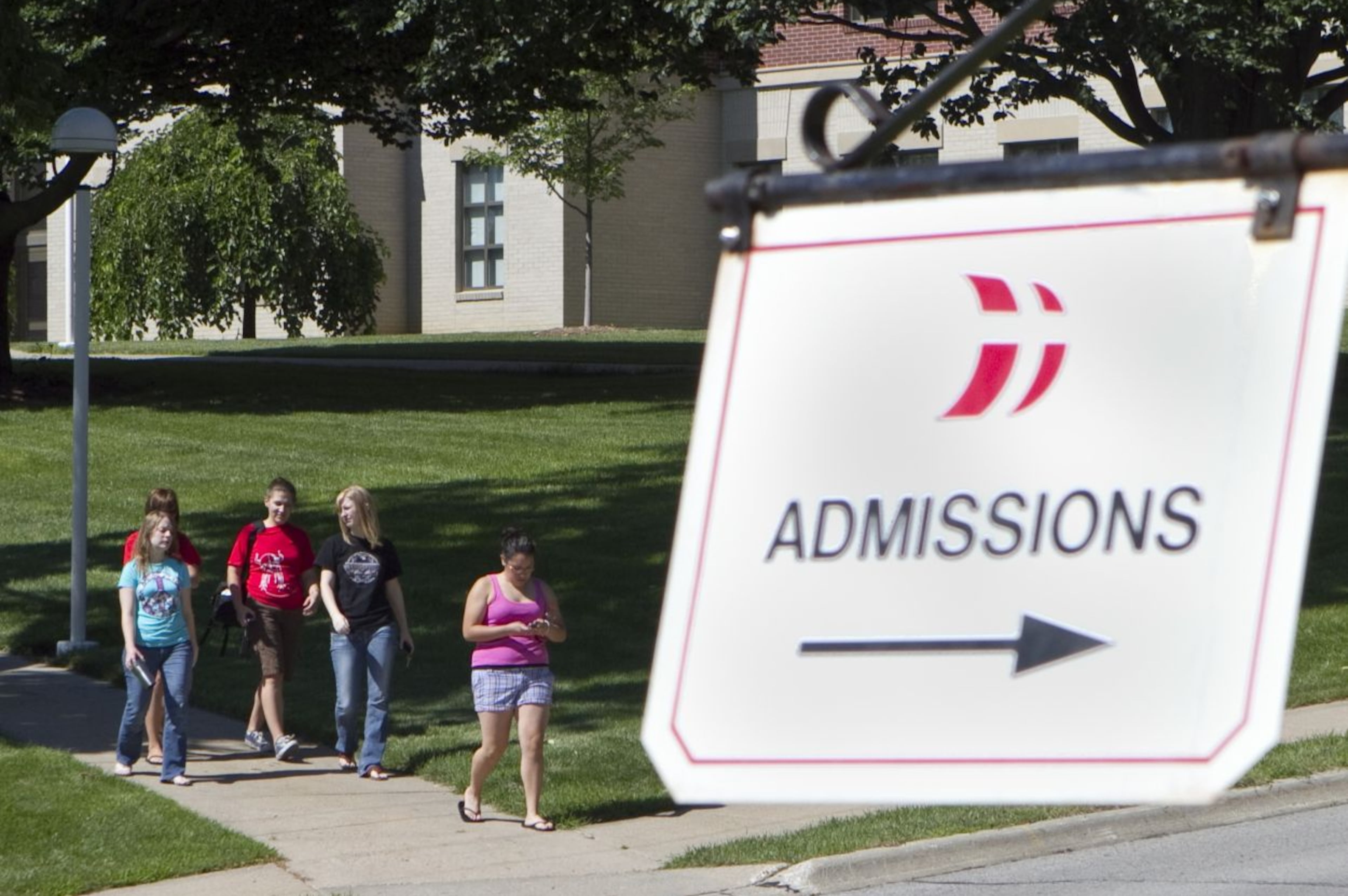Morehouse College creates institute for Black male research

For more than 150 years, Morehouse College has built a reputation as a leading institution to educate Black men.
It also wants to be known as the go-to place for research that results in better health, professional and societal outcomes for all Black men.
The Atlanta college announced Tuesday that it has launched what officials there say is one of its most important ventures in recent years: the Black Men’s Research Institute. The institute will study the cultural, economic, personal and social outcomes of issues affecting Black men, particularly where disparities exist in the world.
While many colleges have Black studies departments, Morehouse officials say the institute is unique because it will intentionally focus on men.
“It is important to Black men, for Black men and for Black boys who need help, who need to be lifted up, who need to have some entity, some place that is focused not just on studying them, but on really helping to understand themselves and the experiences they have,” said Clarissa Myrick-Harris, chair of Morehouse’s humanities division, who has been closely involved in planning the institute.
Morehouse, the nation’s only college dedicated exclusively to educating Black men, envisions the institute working in partnership with faculty in the College’s Africana Studies and History department to develop new courses and curriculum for a Black masculinities studies minor and online certificate program. The institute also will support research resulting in new scholarship by Morehouse faculty as well as faculty from other colleges and universities.

Ample research shows the negative disparities among Black men nationally in education, employment, income and life expectancy. The average life span for Black men is 68 years old, shorter than any other demographic group, federal statistics show.
The institute aims to explore those issues and solutions. But Myrick-Harris said it will also explore how Black men have overcome racism and other obstacles.
“It’s extremely important to talk about the ways that African American men and boys have negotiated the landscape of racism and negotiated exclusion and … been able to thrive,” she said.
The work could be particularly impactful for Georgia, which has roughly 3.5 million Black residents, the nation’s second-highest Black population.
Georgia native Shaun Harper, founder and director of the University of Southern California’s Race and Equity Center, said the nation can benefit from the institute’s potential work. Harper said work that improves outcomes for Black men could lower health care costs and reduce government resources.

“I think this is so exciting,” Harper said.
The next steps include hiring an executive director and establishing an advisory council to shape its goals. The college received a grant from the Andrew W. Mellon Foundation, but did not disclose the amount.




